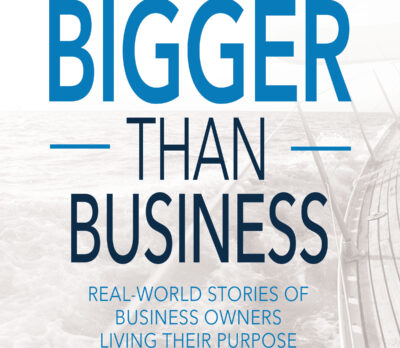Choosing a buyer or investor is like choosing a spouse, but with one major difference: Selling your business is usually irreversible.
The typical investment banker-supervised auction process feels a lot like an arranged marriage, where everyone leaves the question of whether this is a truly compatible partnership to chance. Bankers tightly control the meetings in order to deter the parties from speaking candidly and establishing real trust. In their mind you aren’t to be trusted—you might say something that would derail the deal. Bankers will often try to tell you exactly what to say and how to say it, with a lot of emphasis on what the buyer wants to hear.
It’s not unusual to see a letter of intent signed after only a few hours of contact between buyer and seller. After that, there will be more time together going through diligence and answering endless questions, but somewhere in there the decision becomes much harder to unwind. Everybody has already decided your company is getting sold. You may be spending the money already—at least in your head—and it may seem simpler to ignore red flags.
At this point in a structured, formal process, you’ve already turned the other bidders away, so they know they are not your first choice. If you decide against this buyer, your relationship with everyone else may have soured. To make matters worse, there’s no real dating period to help you get acquainted, and even less chance for reverse diligence. (Chapter 5 of my book, Selling Without Selling Out, covers this in more detail.)
Whether you are considering an investor or an acquirer, this decision is too important to rush. Take the time to know the people you will be working with as well as the norms and dynamics of the organization. You may have an extraordinary relationship with one of your counterparts in the deal, but if they are an outlier in the company they may not stay, so it is important to understand the culture of the company as a whole.
The vast majority of decisions in business deal with issues that come up multiple times, and you get to apply the lessons you learned in the next iteration. Selling your business is an exception, and you don’t get to make a snap decision and then fix it later. Once the sale goes through, it will be impossible to undo. So tread carefully and don’t go too fast. (That said, be mindful of paralysis by analysis.)
If you are not used to suspending your judgment for several months to work out a single decision, this will feel very different from other calls you’ve made. You will have to draw on all of the patience you can muster and work like a mosaic builder piecing together a picture. Even though it goes against all of your instincts, getting to know a potential buyer or investor is a time to draw out the moment of indecision until you have as many data points as you can possibly collect. Only when you have strong evidence for one direction over another do you make the choice.



